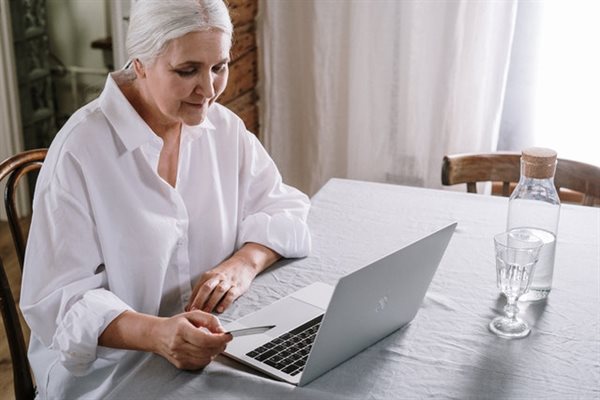
Related






IAB SA: 6 key trends impacting influencer marketing
Casey Mantle,Dashni Vilakazi,Jolene Roelofse & Sanesh Maharaj 17 Apr 2025
Top stories






More news




Marketing & Media
Prisa's Bradley Howland: The importance of professional associations







They say it takes 21 days to form a new habit, or so the myth goes. The fact is that it can vary widely depending on the behaviour, the person and the circumstances.
The mental impact of the pandemic has run deep, with social distancing intensifying loneliness and anxiety among consumers and the use of virtual communication tools and “hermit tech” becoming more widespread. But the brands that offer reassurance of safety, along with a message of optimism, show solidarity as consumers regain confidence.
Today, our ‘new’ behaviours include online socialising and e-commerce which have penetrated across age groups. New preferences for local shopping and staycations allow consumers to support the community, consume more consciously and live a healthier life. Dense urban lifestyles hold less appeal, while priorities have shifted toward family and household members.
According to Accenture’s Covid-19 Consumer Pulse Research, home continues to be the focus for living, working and shopping despite the lifting of restrictions. Venturing out continues to be a concern as consumer discomfort with travel and public places remains acute.
A new normal for better or worse is becoming apparent, as living with the coronavirus becomes the way forward. Habits formed during the pandemic that benefit consumers, such as saving money, shopping efficiently and conveniently, and connecting with community are likely to remain sticky.
As retail and leisure facilities reopen, consumers are individually reshaping their lives for this new reality – with implications for retailers. What consumers are buying and how they are shopping has changed dramatically as a result of the pandemic, and these new habits are continuing.
In many cases, consumers have used this life pause to reflect on their own consumption. They are striving to shop locally, mindfully and cost-consciously, but even as retailers open their doors to consumers, retail footfall remains below pre-pandemic levels in most countries across the world and consumer confidence is low.
The dramatic rise in the adoption of e-commerce and omnichannel services, which has been evident since the start of the Accenture research, sees no sign of abating. The vast majority of consumers who have increased their use of digital and omnichannel services, such as home delivery, kerbside pickup or shopping via social media platforms expect to sustain these activities into the future.
Health, safety and finances continue to impact consumers’ attitudes and behaviour. In the last three months, personal health and the health of friends and family have remained top priorities for consumers, while fears over finances have grown.
Consumers are still choosing to stay at home. Socialising at home or someone else’s home is still the preferred option for consumers, while connecting virtually with friends remains a high priority and is a trend that’s consistent across all age groups.
The initial rise in home cooking and baking, as well as home improvement and DIY activities, which was evident in earlier research, are remaining popular pastimes for consumers. And the once mandatory working from home has been embraced by many and continues to be popular.
To build consumer confidence, retailers need to understand their new consumers by leveraging data-driven insights and focusing on initiatives that will have the greatest impact, such as visible safety measures in stores and relevant training for store associates on how to best approach consumers and manage new situations.
Home will be the new battleground. With life, work and shopping continuing to focus around the home, retailers need to design services and experiences to meet new consumer needs, as well as increase investments in digital, and maximise the potential of their store network by reconsidering formats and locations.
Retail businesses have a unique opportunity to reset and rebuild for the longer term. How they help consumers navigate the pandemic will influence their future success.
Sources: CMIonline, Christina Rawlins
Accenture COVID-19 Consumer Pulse Research, conducted 2nd-8th June 2020.